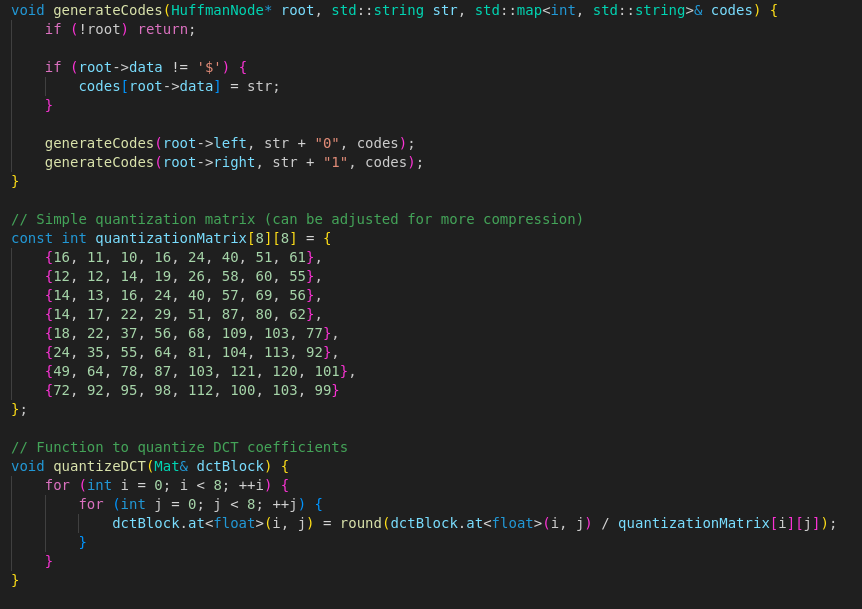Harmonizing University Courses In East Africa: A Vision For The Future

In January 2025, the University of Hargeisa in Somaliland made a bold call. They urged universities across East Africa to harmonize their courses. Dr. Obsiye, a representative from the university, emphasized the importance of regional cooperation. This is especially relevant as East Africa looks to improve its education system.
The Case for Collaboration
Collaboration between universities could boost the quality of education. It would make it easier for students to study across borders. Universities could share resources, knowledge, and expertise. This would give students access to a wider range of courses and perspectives.
Such collaboration could also enhance regional unity. It would help universities build stronger academic networks. This, in turn, could improve the region’s global standing in education.
Overcoming Barriers to Cooperation
However, harmonizing university courses across East Africa won’t be without its challenges. Different countries have different education systems, policies, and regulations. Aligning them will require effort and careful planning. Governments and educational institutions must work together to create a unified framework. But the payoff could be enormous if they succeed.
It’s also important to consider how this collaboration can address the diverse needs of the region. East Africa has a growing youth population, many of whom are seeking quality higher education. By working together, universities could better meet this demand, ensuring that more students have access to the education they deserve.
What Does This Mean for the Future?
A harmonized education system could also support economic growth. With better-trained graduates, East Africa could see a more skilled workforce. This would benefit local industries and provide students with global opportunities.
Could regional cooperation in higher education be the key to unlocking East Africa’s full potential?



























Comments